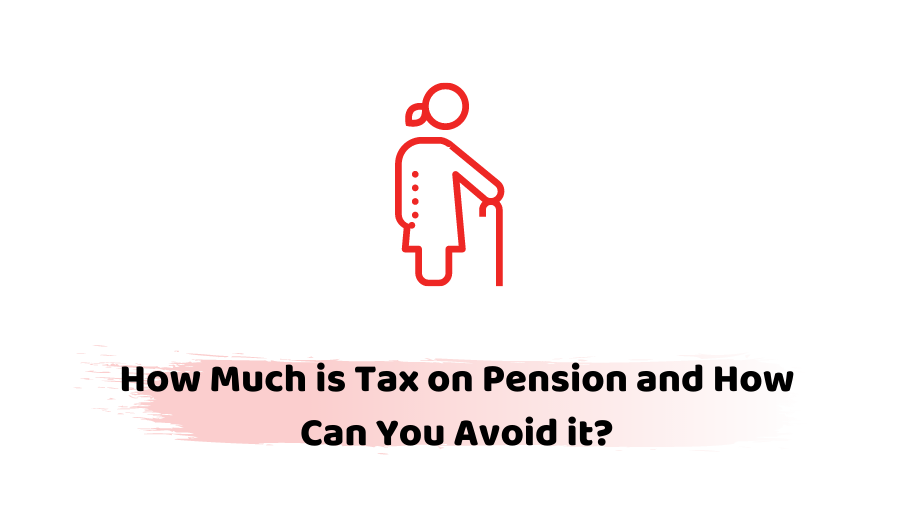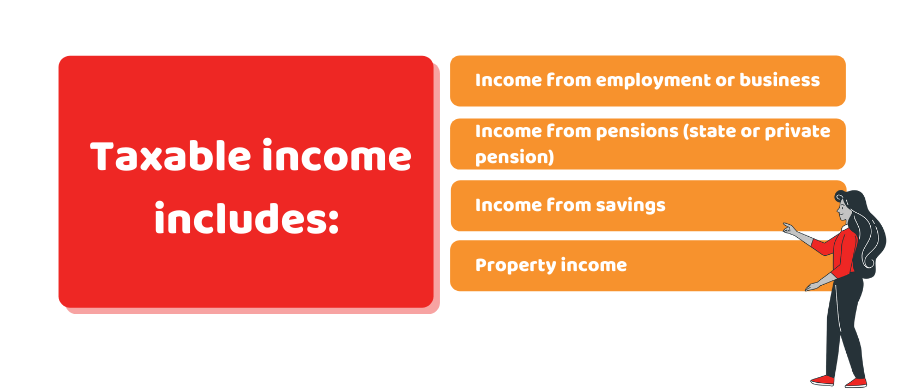You can’t avoid taxes, even after your retirement. As the money you receive as a pension is classed as income and on most of the income; you need to pay tax. Therefore, when you are planning for your retirement, you need to consider how tax on pension works. What are the tax reliefs you can benefit from and how much tax you are going to pay when you get retired?
This guide will help you to get the most out of your retirements savings, how you can reduce unnecessary losses and maximise your income after your retirement. Let’s dig into it!
Want to boost your pension income? Rely on ACCOTAX – Accountants in London? We offer bespoke accounting and tax services at a very competitive rate! Give us a call on 0203 4411 258 or request a callback. We are available from 9:00 am – 05:30 pm Monday to Friday.
How Much Do You pay Tax on Pension?
Like other income, you also need to pay tax on your pension. The amount of tax you pay is based on your total taxable income. Taxable income includes:
- Income from employment or business
- Income from pensions (state or private pension)
- Income from savings
- Property income
The amount of tax you need to pay on your pension over your lifetime allowance(£1,073,100) is:
- 55% (if you get it as a lump sum)
- 25% if you get it any other way (like pension payments or cash withdrawals)
How Much Your Pension Income is Tax-Free?
You are not required to pay tax on:
- the personal allowance, the first £12,570 in (2021-22)
- up to £6,000 of savings income per year
- up to 25% of your personal pension build up in a pension (on defined contribution pension, the most common one)
The tax you will pay on your pension is based on your total income minus allowances. If your private pension is over £1,073,100, your pension provider will deduct the charge before you get your payment. If you get a state pension, HMRC will deduct it automatically from your pension pot. The rest of your pension is taxable in the normal way.
Confused? Why not speak to one of our pension experts and see how we can help you are looking for!
How to Avoid Paying Taxes on Pension?
You can avoid paying extra tax on your pension by withdrawing a low amount of your income from your pension pot. Obviously, you need to take as much income to live a comfortable life. However, unlike a salary, you’d not get enough advantage by taking out more income than required. It is preferable to leave money inside your pension until you need it.
Moreover, you can also take benefit from the drawdown scheme. This scheme helps you to vary your income on an annual basis, leading you to increased tax savings.
In case you have an annuity, you can’t enjoy this flexibility as annuity income will be the same every year. But still, the drawdown scheme comes with its own risks.
Quick Sum Up
We hope that after giving this blog a read, you now have a better understanding of how a tax on pension works, how much is your pension income tax-free and how can you avoid paying too much tax. Note that this post is just a basic overview of the topic, it doesn’t cover the complex tax issues related to pension. Remember, your pension might be subject to additional taxes if it has grown too large or exceeded the lifetime allowance.
Looking for all-inclusive monthly packages? Let us take care of your tax affairs so that you can focus on your business.
Get an instant quote based on your requirements online in under 2 minutes, or Request a callback.
Disclaimer: This blog is a basic overview of the tax on pensions.






















































